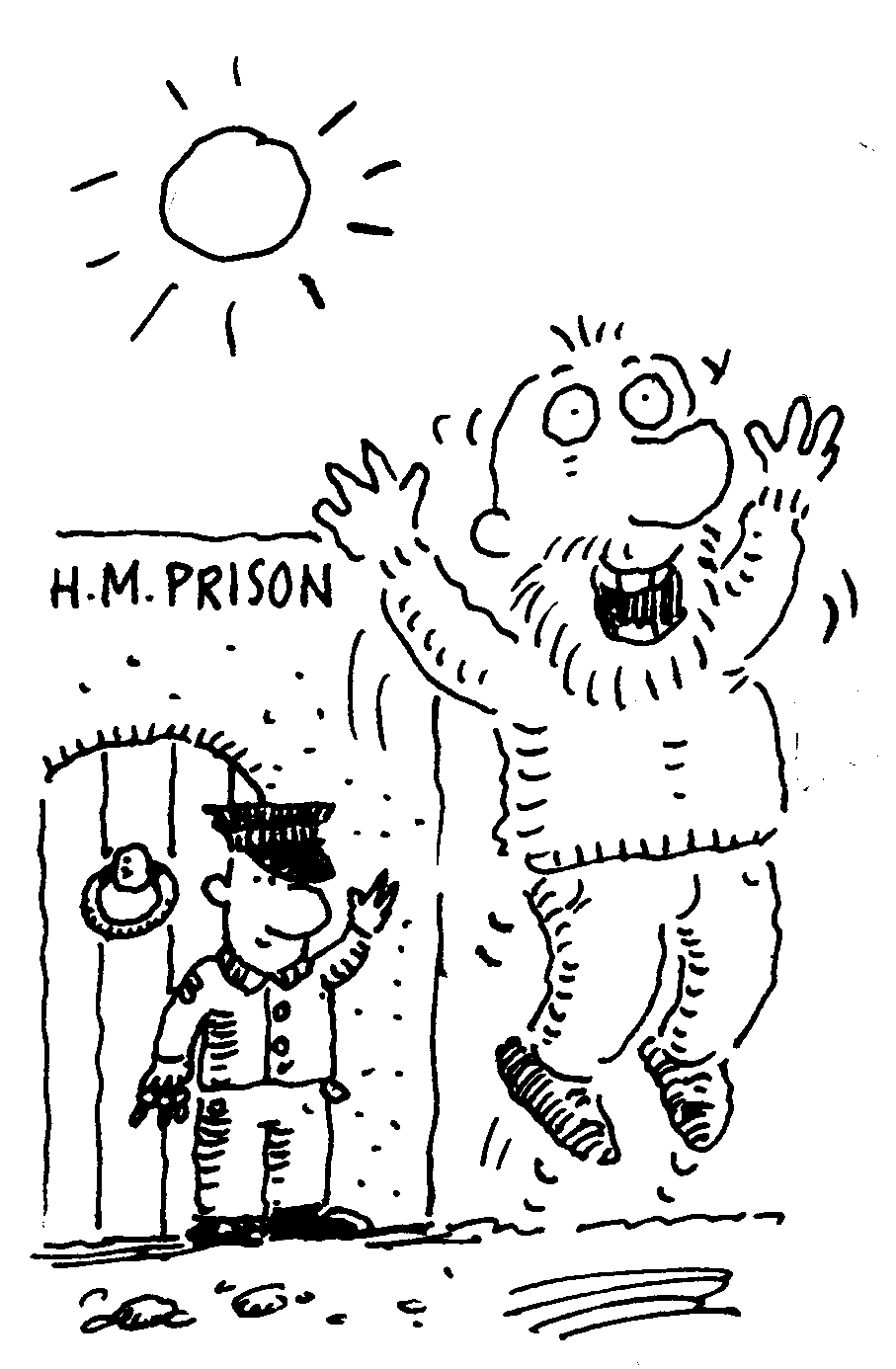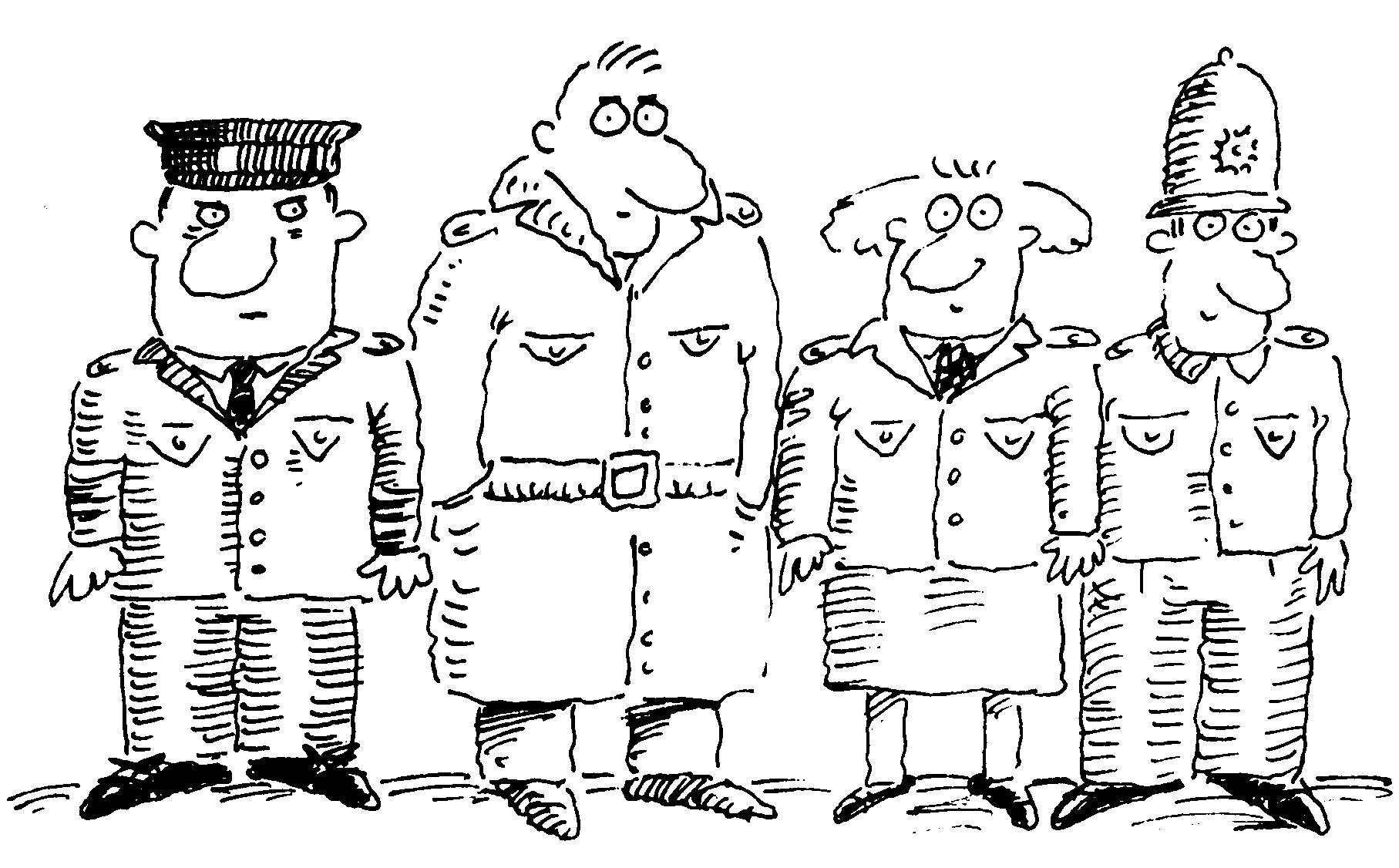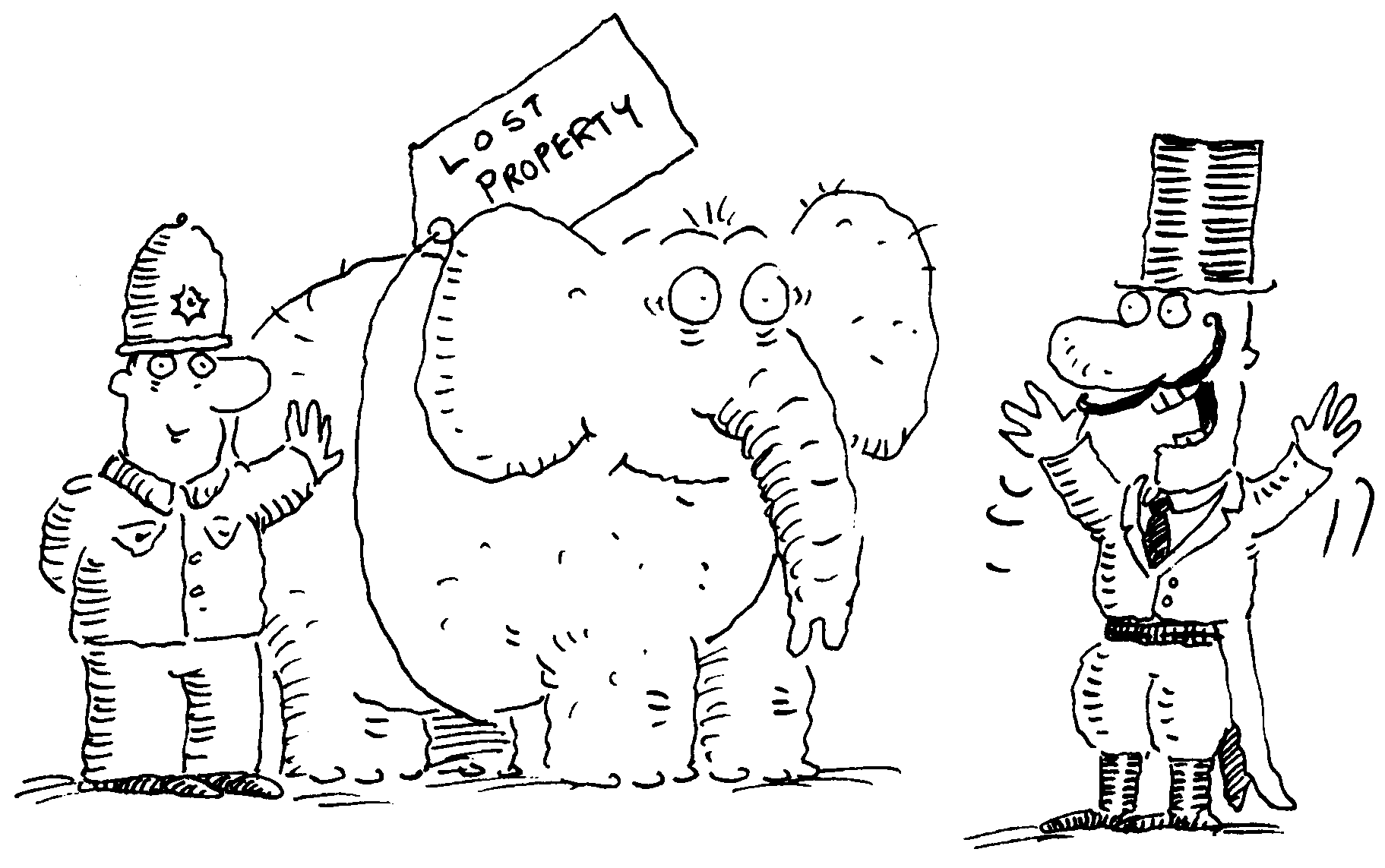
- •Introduction
- •1.1. Law and society
- •Law and society
- •1.2. Crimes and criminals
- •Очень хотелось любить...
- •1.3. Classification of crimes
- •1.4. Crime
- •Talking about criminals
- •Politicians on crime
- •1.5. Law and order
- •1.6. The language of law
- •Legal verbs
- •Legal adjectives
- •1.7. Crime and punishment
- •Crime and punishment
- •Is crime increasing?
- •1.8. Authorities: customs and police
- •Police, traffic wardens, etc.
- •1.9. Laws and punishments
- •Verbs that collocate with law
- •Noun and verb collocations
- •Punishments
- •1.10. The law in britain
- •The law in britain
- •1.11. Revision
- •2.1. Arrest, trial, punishment
- •Arrest, trial, punishment
- •2.2. Crime-solving techniques
- •2.3. Crime and criminal procedure
- •Crime and criminal procedure
- •2.4. Why do people commit crime?
- •Why Do People Commit Crime?
- •Classical Theory
- •Biological Theory
- •Sociological Theory
- •Combined/integrated theory
- •2.5. The system of justice
- •The system of justice
- •2.6. Controlling crime
- •2.7. The proceedings at the trial
- •The Proceedings at the Trial
- •The purpose of state punishment
- •2.8. The legal profession
- •The legal profession 1
- •The legal profession 2
- •2.9. Revision
- •3.1. Capital punishment: for and against
- •Capital punishment: for and against
- •Vocabulary
- •Vocabulary
- •3.2. Death penalty
- •3.3. Revision
- •Capital punishment is the only way to deter criminals, it must not be abolished.
- •Crime in newspapers
- •Criminal english
- •Law and order – the british police
Criminal english
T ask
1. A number of expressions originally
used by criminals have become very common in standard English. Can
you understand the following expressions in bold type? The answers
(in the wrong order) are given below.
ask
1. A number of expressions originally
used by criminals have become very common in standard English. Can
you understand the following expressions in bold type? The answers
(in the wrong order) are given below.
Fred's been sent down for 10 years for armed robbery.
Now John's out of prison, he's determined to go straight.
Haven't you heard about Mary? She's been done for pinching а gold bracelet from a shop.
He came clean as soon as the police caught him.
Uncle Fred has done his time and now he's a free man.
admit committing the crime
sent to prison
prosecuted
finish a prison sentence
stealing
stop breaking the law
Task 2. The bank robbery. Phrasal verbs.
Fill in this story about a bank robbery with the correct phrasal verbs in the correct tense. The meaning of each verb is given in brackets. Choose the correct phrasal verb from the list below.
make off - get away with - break into - hand over - give up - hold up - make for
Yesterday, robbers (1)__________________ (forced an entry into) the National Midland Bank in the High Street soon after closing time. They (2)__________________ (threatened with guns) the staff, and forced the manager to (3)__________________ (give them) £50,000 in cash. The robbers ran out of the bank and (4)__________________ (escaped) in a stolen car, and were last seen (5)__________________ (going in the direction of) the London Road. Police have warned the public that these men are very dangerous, and are unlikely to (6)__________________ (surrender) without a fight. Chief Inspector Ralph Smith says: "We're sure that we'll catch them soon. They won't (7)__________________ (avoid punishment for) it".
Appendix 27.
Law and order – the british police
Task 1. How much do you know about the British police? Before you read the article, decide for yourself whether the following statements are true or false.
There is one police force in Britain, organised by central Government.
Some British police officers do not wear a uniform.
All British police officers carry guns.
Task 2. Now read the article and check your answers.
T he
British police officer - sometimes
called the "bobby" after Sir Robert Peel, the founder of
the police force - is
a well-known figure to anyone who has visited Britain or who has
seen British films. Policemen - and
women - are to
be seen in towns and cities keeping law and order, either walking in
the streets ("pounding
the beat") or driving in cars (known as "panda cars"
because of their distinctive markings). Few people realise, however,
that the police in Britain are organised very differently from many
other countries.
he
British police officer - sometimes
called the "bobby" after Sir Robert Peel, the founder of
the police force - is
a well-known figure to anyone who has visited Britain or who has
seen British films. Policemen - and
women - are to
be seen in towns and cities keeping law and order, either walking in
the streets ("pounding
the beat") or driving in cars (known as "panda cars"
because of their distinctive markings). Few people realise, however,
that the police in Britain are organised very differently from many
other countries.
Most countries, for example, have a national police force which is controlled by central Government. Britain has no national police force, although police policy is governed by the central Government's Home Office. Instead, there is a separate police force for each of 52 areas into which the country is divided. Each has a police authority - a committee of local county councillors and magistrates.
The forces co-operate with each other, but it is unusual for members of one force to operate in another's area unless they are asked to give assistance. This sometimes happens when there has been a very serious crime. A Chief Constable (the most senior police officer of a force) may sometimes ask for the assistance of London's police force, based at New Scotland Yard - known simply as "the Yard".
In most countries, the police carry guns. The British police generally do not carry firearms, except in Northern Ireland. Only a few police are regularly armed - for instance, those who guard politicians and diplomats or who patrol airports. In certain circumstances specially trained police officers can be armed, but only with the signed permission of a magistrate.
All members of the police must have gained a certain level of academic qualifications at school and undergone a period of intensive training. Like the army, there are a number of ranks: after the Chief Constable comes the Assistant Chief Constable, Chief Superintendent, Chief Inspector, Inspector, Sergeant and Constable. Women make up about 10 per cent of the police force. The police are helped by a number of Special Constables - members of the public who work for the police voluntarily for a few hours a week.
E ach
police force has its own Criminal Investigation Department (CID).
Members of CIDs are detectives, and they do not wear uniforms. (The
other uniformed people you see in British towns are traffic wardens.
Their job is to make sure that drivers obey the parking regulations.
They have no other powers - it
is the police who are responsible for controlling offences like
speeding, careless driving and drunken driving.)
ach
police force has its own Criminal Investigation Department (CID).
Members of CIDs are detectives, and they do not wear uniforms. (The
other uniformed people you see in British towns are traffic wardens.
Their job is to make sure that drivers obey the parking regulations.
They have no other powers - it
is the police who are responsible for controlling offences like
speeding, careless driving and drunken driving.)
The duties of the police are varied, ranging from assisting at accidents to safeguarding public order and dealing with lost property. One of their main functions is, of course, apprehending criminals and would-be criminals.
Task 3. Now answer these questions:
Why are police officers sometimes called "bobbies"?
What does "pounding the beat" mean?
What is the lowest professional rank in the British police?
Traffic wardens are concerned with parking offences. True or false?
